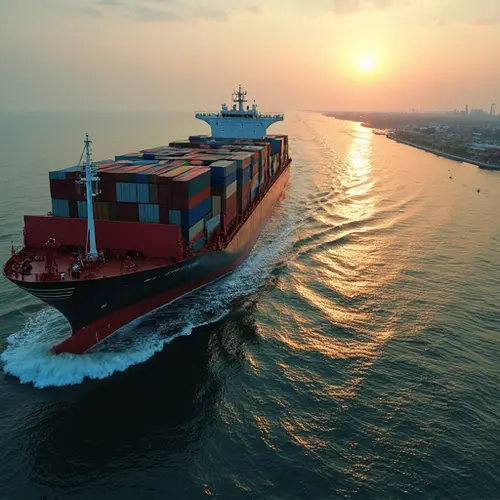
Global Food Prices Rise Due to Shipping Disruptions
The ripple effects of tensions in the Red Sea and disruptions in global shipping routes have led to a significant increase in food prices worldwide. The conflict has forced rerouting of shipments, extending delivery times and raising costs, which are now being passed on to consumers.
Impact on Supply Chains
Shipping disruptions, particularly in the Red Sea, have caused delays and increased freight rates. According to recent reports, the cost of shipping containers has surged by over 50%, affecting the transportation of essential food commodities like grains, oils, and dairy products. These disruptions are exacerbating existing challenges in global food supply chains, which are still recovering from pandemic-related shocks.
Geopolitical and Climate Factors
Geopolitical tensions and climate change are compounding the issue. The Red Sea conflict has disrupted one of the world's busiest shipping lanes, while extreme weather events in key agricultural regions have reduced crop yields. For example, droughts in South America and floods in Southeast Asia have impacted the production of staples like wheat and rice.
Vulnerable Economies Hit Hardest
Developing countries, particularly those reliant on food imports, are bearing the brunt of these price hikes. The UN Trade and Development (UNCTAD) warns that rising shipping costs could push consumer prices up by 0.6% by 2025, with small island developing states facing even steeper increases. This threatens food security and could lead to social unrest in vulnerable regions.
Calls for Action
Experts are urging international cooperation to stabilize trade routes and invest in resilient infrastructure. "Building sustainable and resilient maritime transport is not just an option—it’s a strategic necessity," said Rebeca Grynspan, Secretary-General of UNCTAD. Meanwhile, governments are being advised to implement measures to protect vulnerable populations from the inflationary impact of rising food prices.

 Nederlands
Nederlands
 English
English
 Deutsch
Deutsch
 Français
Français
 Español
Español
 Português
Português